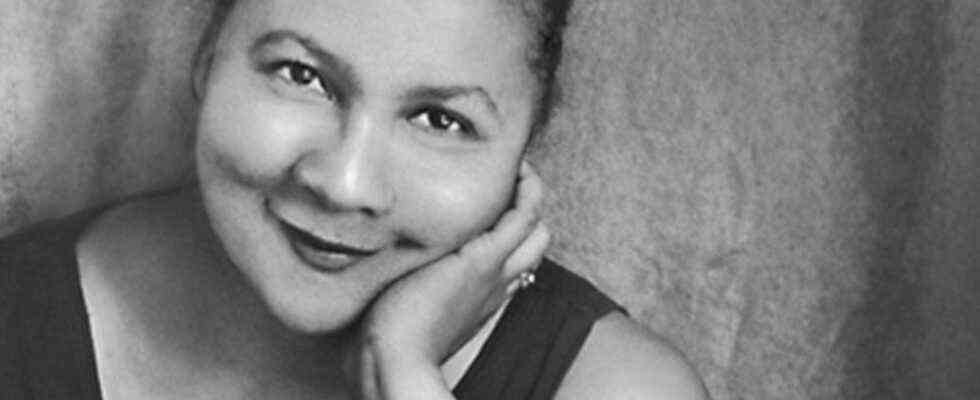It is only just being discovered in German. For two years now, translations of the books by bell hooks have been published by various publishers. In the US they have long been classics of the theory of racism and feminist writing. Younger writers, especially those who think about their point of view on the fringes of culturally dominant society, keep telling how bell hooks paved the way for them.
When she began her career as a writer and university lecturer, hooks, born in 1952, wrote into a culture that was much more natural than it is today, white, masculine and focused on the consuming class. Bell hook’s book after book has collapsed this matter of course. Very friendly, without bitterness, with a straight, open look.
At the age of 19, still a student at Stanford, she sketched her seminal essay, “Ain’t IA Woman? Black Women and Feminism,” for which she borrowed the title of the iconic speech by the abolitionist Sojurner Truth. Hooks spent her school days in Kentucky in segregated schools, and the transition to “integrated” classes must have sharpened her perception of racially based differences.
The criticism hit the white, educated bourgeois feminism of their time
Bell hooks, born Gloria Jean Watkins, published her “Ain’t IA Woman?” In it, she describes how slavery had exploited women not only economically and physically, but also sexually, and how their role as the lowest of the lowest paralyzed the participation of black women in civil rights and emancipation movements until the late 20th century.
The criticism contained in this inventory hit the women’s movement of its time. So she was driven by white, educated middle-class women who subordinated their solidarity with the racially declassed and the poor to their personal struggle for equal opportunities. A few years later, Kimberlé Crenshaw used the word “intersectionality” for the first time, which today stands for the interactions between racist, sexist and economic struggles for justice. But even without the term, bell hooks already described how different culturally established power differences stabilize one another.
Meanwhile, she taught at various universities, at Yale, Oberlin College and most recently at Berea College in Kentucky, which does not charge its students the horrendous tuition fees that are otherwise usual in the USA. Some of her books deal with her belief in education and teaching as an emancipatory and ethical practice.
What we think of as love has more to do with work and control
However, she also found the symptoms of social discrimination in films, novels, and stories in general that had only a few role models left for blacks and gave them a “white look”. Some of her most impressive essays deal with the shock of the white audience when this view is reflected in the works of art by black authors and filmmakers as degrading and threatening. When “whiteness” is named as a category first.
Returning the gaze of the ruling classes, looking back, is the critical and combative idea of bell hooks. Today it is self-confidently realized in television series such as “Dear White People”, in the academic Critical Whiteness Studies, which are in turn sharply criticized, in books and coaching offers against “White Fragility”. bell hooks is, so to speak, the classic behind it all – and like many classics, more cautious and differentiated than much that came after her.
The German translation of the book “Alles über Liebe” was only published this summer, the original from the year 2000, which is a curiosity on the distinctive German book market as an unclean mixture of memoir, self-help book, academic essay and spiritual meditation.
What we commonly think of as love, says bell hooks in it, is often only the willing performance of social role expectations. Care work and addiction are misunderstood as love. True love must be an action that aims at one’s own right and that of the other to freedom and the best possible development of one’s possibilities. It is just that the patriarchal order tends to favor mutual control and the exercise of power. Details are to be expected in the soon to be published in German “Men, Masculinity and Love. The Will to Change”.
The pace at which this change is picking up speed must now be described by your students. bell hooks died in Kentucky at the age of 69.

